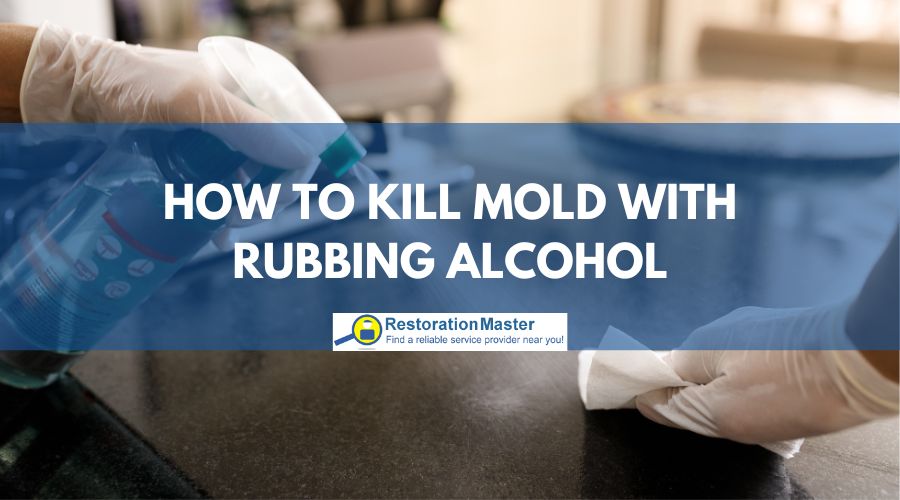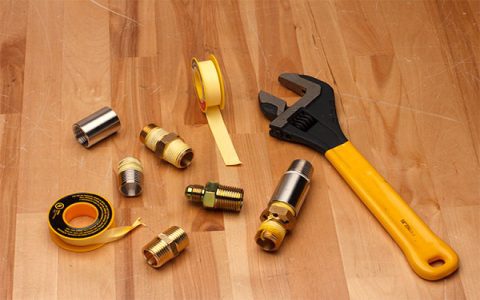The effectiveness of alcohol in killing mold depends on several factors, including the type of alcohol, the concentration, and the type of mold.
Key Considerations:
- Type of Alcohol: Isopropyl alcohol (rubbing alcohol) and ethanol are commonly used. Isopropyl alcohol with a concentration of 70% or higher is generally more effective at killing mold than lower concentrations.
- Concentration: Higher alcohol concentrations are more effective at denaturing the proteins in mold cells, leading to their death.
- Mold Type: Some mold species are more resistant to alcohol than others.
How Alcohol Works on Mold:
Alcohol kills mold by:
- Denaturing Proteins: Disrupting the structure of proteins in mold cells.
- Dehydrating Cells: Drawing water out of the mold cells, which can lead to cell death.
Effectiveness:
While alcohol can kill mold, it's not always the best solution:

- Surface Application: Alcohol is most effective on hard, non-porous surfaces. It may not penetrate deeply enough into porous materials like drywall or wood to kill all the mold.
- Temporary Solution: Alcohol can kill surface mold, but it doesn't address the underlying moisture issue that caused the mold to grow in the first place. Without addressing the moisture source, the mold is likely to return.
- Alternatives: For porous materials or large mold infestations, other solutions like bleach, vinegar, or professional mold removal may be more effective.
How to Use Alcohol to Kill Mold:
- Safety First: Wear gloves, a mask, and eye protection to avoid exposure to mold spores and alcohol fumes.
- Ventilation: Ensure the area is well-ventilated.
- Apply Alcohol: Use a spray bottle to apply 70% or higher isopropyl alcohol to the moldy surface.
- Let it Sit: Allow the alcohol to sit on the surface for at least 10 minutes to kill the mold.
- Scrub and Wipe: Scrub the surface with a brush or cloth to remove the dead mold.
- Dry the Area: Thoroughly dry the area to prevent further mold growth.
- Address the Moisture Source: Identify and fix the source of moisture to prevent the mold from returning.
Conclusion:
Alcohol can be an effective way to kill surface mold, especially on non-porous materials. However, it's crucial to use a high concentration of alcohol, address the underlying moisture problem, and take safety precautions. For extensive mold problems or porous materials, consider alternative or professional solutions.










